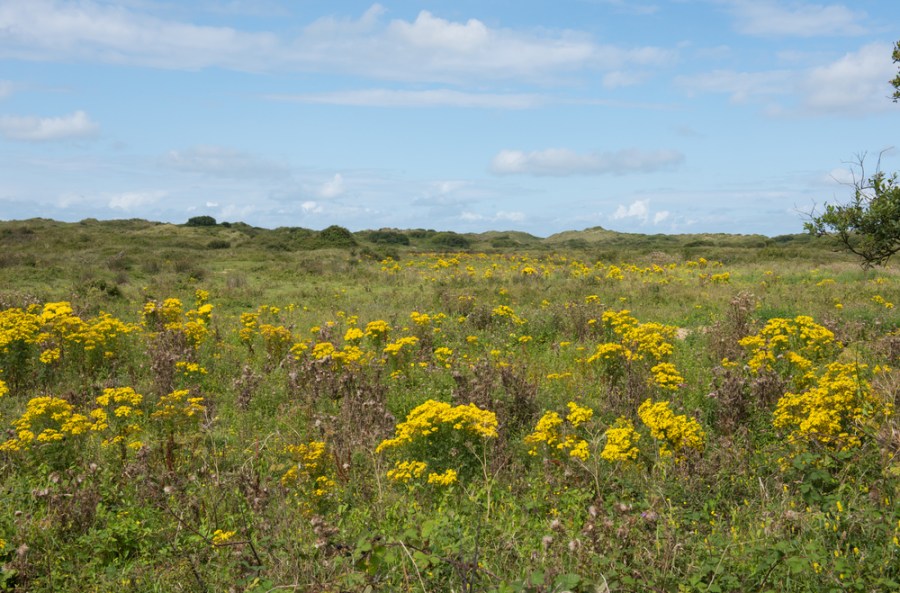A change in how reports of ragwort, which can be deadly if eaten by horses, cattle and other animals, is causing concern among horse owners and equine welfare charities.
Ingestion of common ragwort (Senecio jacobaea) is a serious health risk when eaten either fresh or dried. It can result in severe liver damage and be fatal. Until recently, complaints about the plant and its removal were handled by Natural England.
However, a recent policy change has left horse welfare charities concerned.
“In July 2025 it came to our attention that there has been a policy change and Natural England are no longer dealing with ragwort complaints,” said the British Horse Society (BHS) South West in a Facebook post.
“We are disappointed to learn of this and have concerns regarding the impact on horse welfare due to ragwort spreading into fields for forage production and into fields where horses and/or livestock graze.”
Focus on protecting horses
They stressed that the BHS remains focused on protecting horses and raising awareness among owners and confirmed that the organisation will be pushing for action at a national level.
“We are wholly committed to improve equine welfare through education and support and helping horse owners understand the dangers of ragwort.
“We will be working within our capacity to lobby Government and policy makers to reintroduce the vital investigation of ragwort complaints in high-risk areas.
“We would strongly urge those equally as concerned as ourselves to get in touch with their MP to bring this to their attention.”
Natural England’s response
Current guidance on managing the poisonous plant, which is officially listed as a noxious weed in the UK, is set out in the statutory Code of Practice on How to Prevent the Spread of Ragwort, produced following the Ragwort Control Act 2003.
The code states: “Under the Weeds Act 1959 the Secretary of State for the Environment, Food and Rural Affairs can, if satisfied that injurious weeds are growing upon any land, serve a notice requiring the occupier to take action to prevent the spread of those weeds.
“An unreasonable failure to comply with a notice is an offence.”
But when contacted by Your Horse, Natural England declined to comment in detail about the policy change.
It confirms on its website: “Natural England is not currently dealing with any new injurious weeds complaints at this time.”
Gemma Stanford, director of horse care and welfare at the BHS, acknowledged the anxiety that the change may cause within the equestrian community.
“The British Horse Society understands the dangers that ragwort can pose for horses and the worry this can cause to their owners,” she told Your Horse.
“We work to improve equine welfare through education and our focus is centred on ensuring horse owners and landowners are aware of the dangers of ragwort and its effect on equine welfare.”
She emphasised that while ragwort has a role in the natural environment, its presence in grazing areas presents a serious risk.
“Ragwort has a place in the ecosystem in areas away from horses grazing or land used for forage production and the primary focus should be its removal from these high-risk areas.”
Main image © Shutterstock







